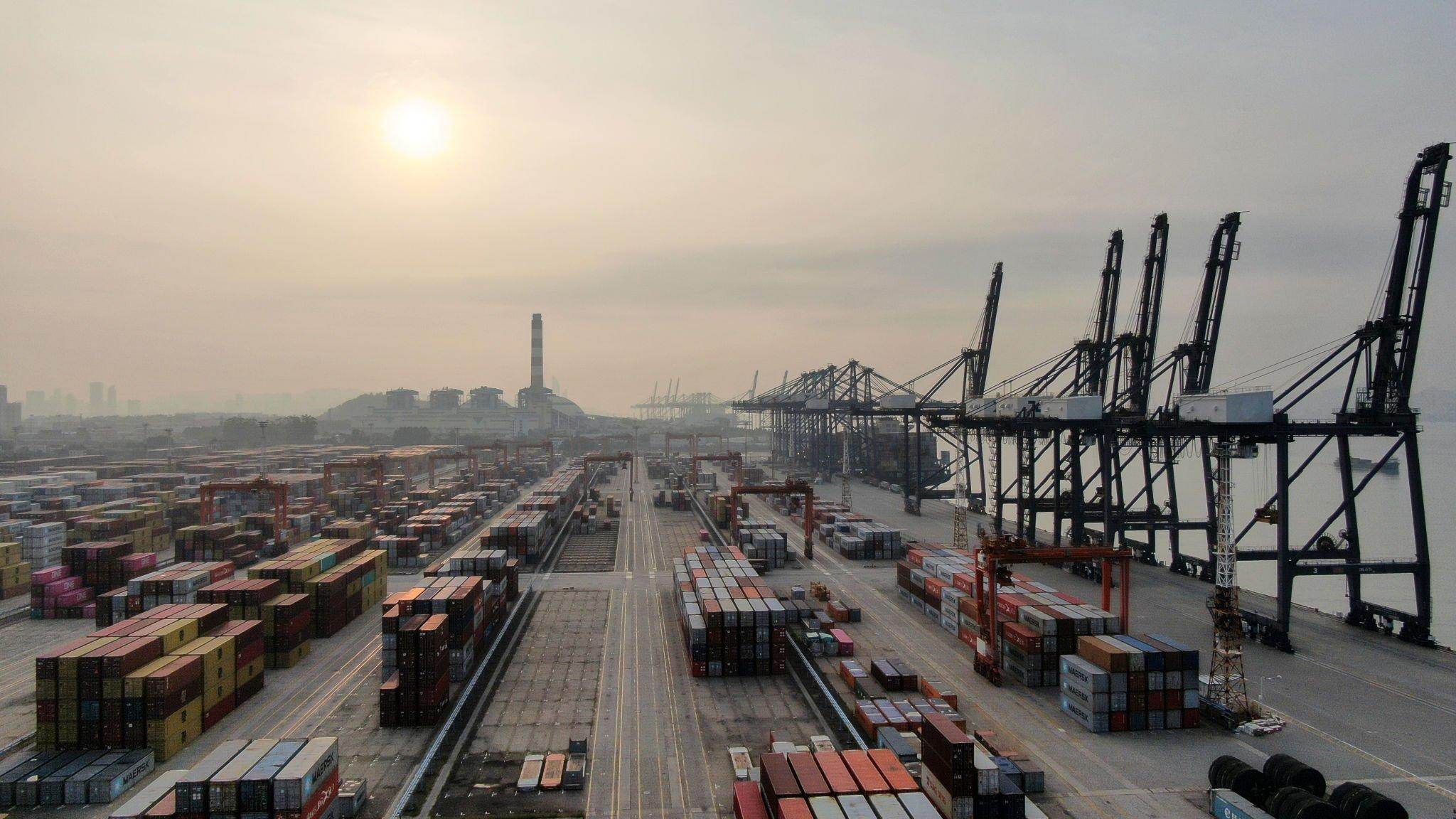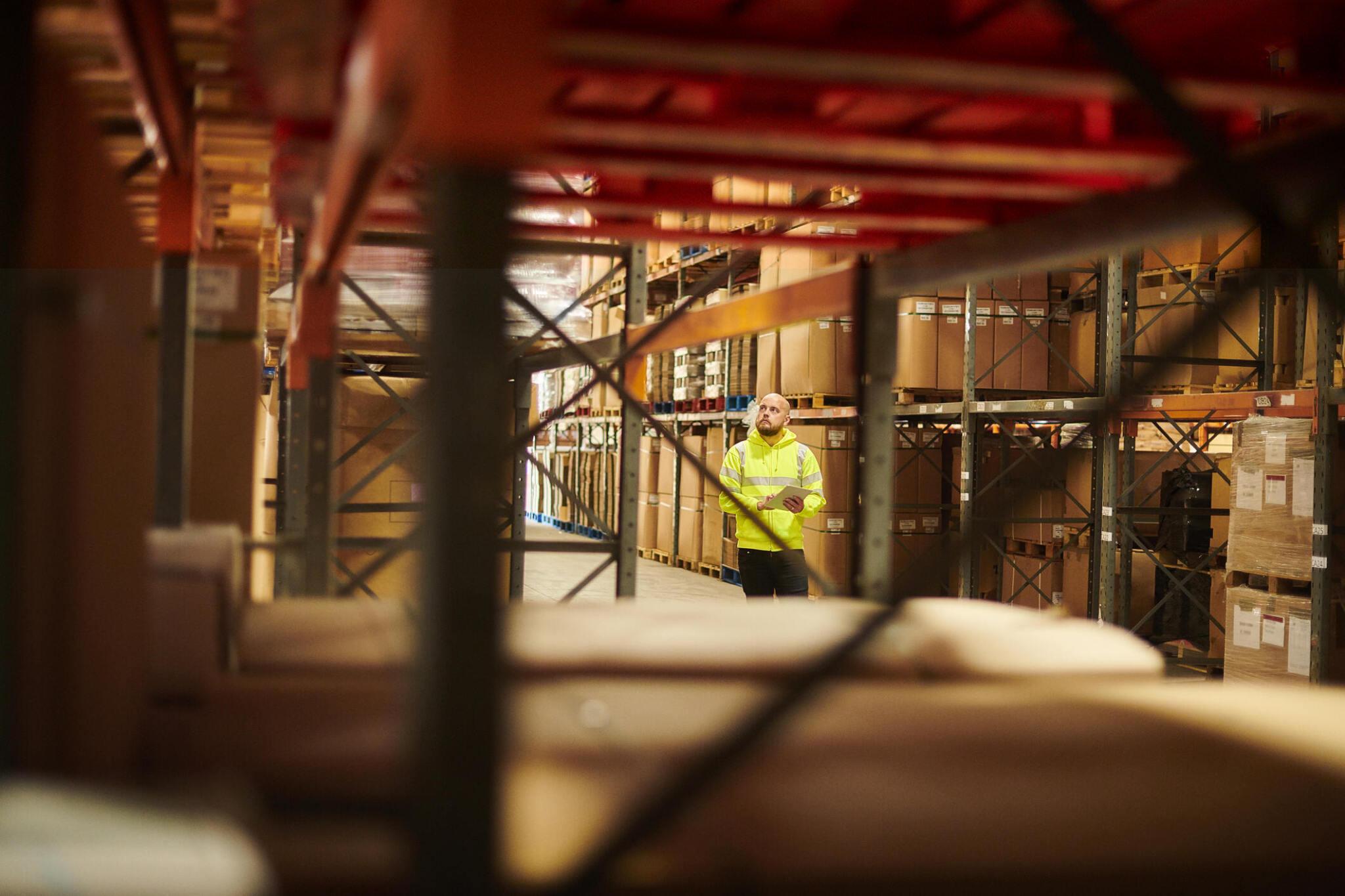Trade agreements have a significant impact on global supply chains. These agreements are bilateral or multilateral arrangements between countries that govern the terms and conditions of trade, including tariffs, quotas, intellectual property rights, and various trade-related regulations.
The impact of trade agreements on global supply chains can be analyzed in several key ways:
1. Market Access and Tariffs
Trade agreements often reduce or eliminate tariffs and other trade barriers between participating countries. This increased market access allows companies to source inputs and sell products more competitively. Lower tariffs can lead to cost savings for businesses and consumers, making imported goods more affordable.
2. Supply Chain Efficiency
Trade agreements can streamline supply chains by reducing customs delays and regulatory barriers. Harmonized customs procedures and simplified documentation requirements can speed up the movement of goods across borders, reducing lead times and costs.
3. Production Location and Sourcing Decisions
Companies may adjust their production and sourcing strategies based on the provisions of trade agreements. If a trade agreement makes it more advantageous to source certain components or materials from a particular country, businesses may shift their supply chain operations accordingly.
4. Rules of Origin
Trade agreements often define rules of origin that determine the eligibility of products for preferential tariff treatment. These rules can influence supply chain decisions, such as where to manufacture or assemble products to meet the requirements of the agreement.
5. Intellectual Property Protection
Trade agreements typically include provisions for protecting intellectual property rights. This can be especially important in industries like technology and pharmaceuticals, where intellectual property plays a significant role in supply chain management.
6. Regulatory Convergence
Some trade agreements seek to harmonize regulations and standards across participating countries. This can simplify compliance for businesses operating in multiple markets and reduce the need for customization in supply chain processes.
7. Investment Flows
Trade agreements can also impact foreign direct investment (FDI). Companies may choose to establish production facilities or subsidiaries in countries that are party to favorable trade agreements to take advantage of lower trade barriers and access larger markets.
8. Risk Mitigation
Supply chains are vulnerable to disruptions, such as natural disasters or political instability. Diversifying suppliers across countries that are part of trade agreements can help mitigate risks by providing alternative sources for critical inputs.
9. Competitive Dynamics
Trade agreements can alter the competitive landscape by opening up markets to new competitors. Companies must adapt their supply chain strategies to remain competitive in an evolving trade environment.
10. Market Expansion
Trade agreements can create opportunities for businesses to expand into new markets. As trade barriers are reduced, companies can explore new customer bases and diversify their revenue streams.
Conclusion
It’s important to note that the impact of trade agreements on supply chains can vary depending on the specific terms of each agreement, the industries involved, and the geopolitical context. Moreover, trade agreements are subject to renegotiation and changes, which can have both short-term and long-term effects on global supply chains. Companies must continuously monitor and adapt their supply chain strategies in response to evolving trade dynamics.

Danish Mairaj is a medical device expert with a strong focus on regulatory and quality compliance. He has been involved in managing clinical trial infrastructure including supplies and logistics. He has over 15 years of experience in the MedTech and Pharmaceutical industry. He is a certified Product Owner, Scrum Master, and Project Management Professional PMP. He studied Biomedical Engineering in Germany and MedTech Regulatory & Quality in Galway, Ireland. He contributes articles to the BRASI newsletter.
-
Danish Mairaj#molongui-disabled-link




